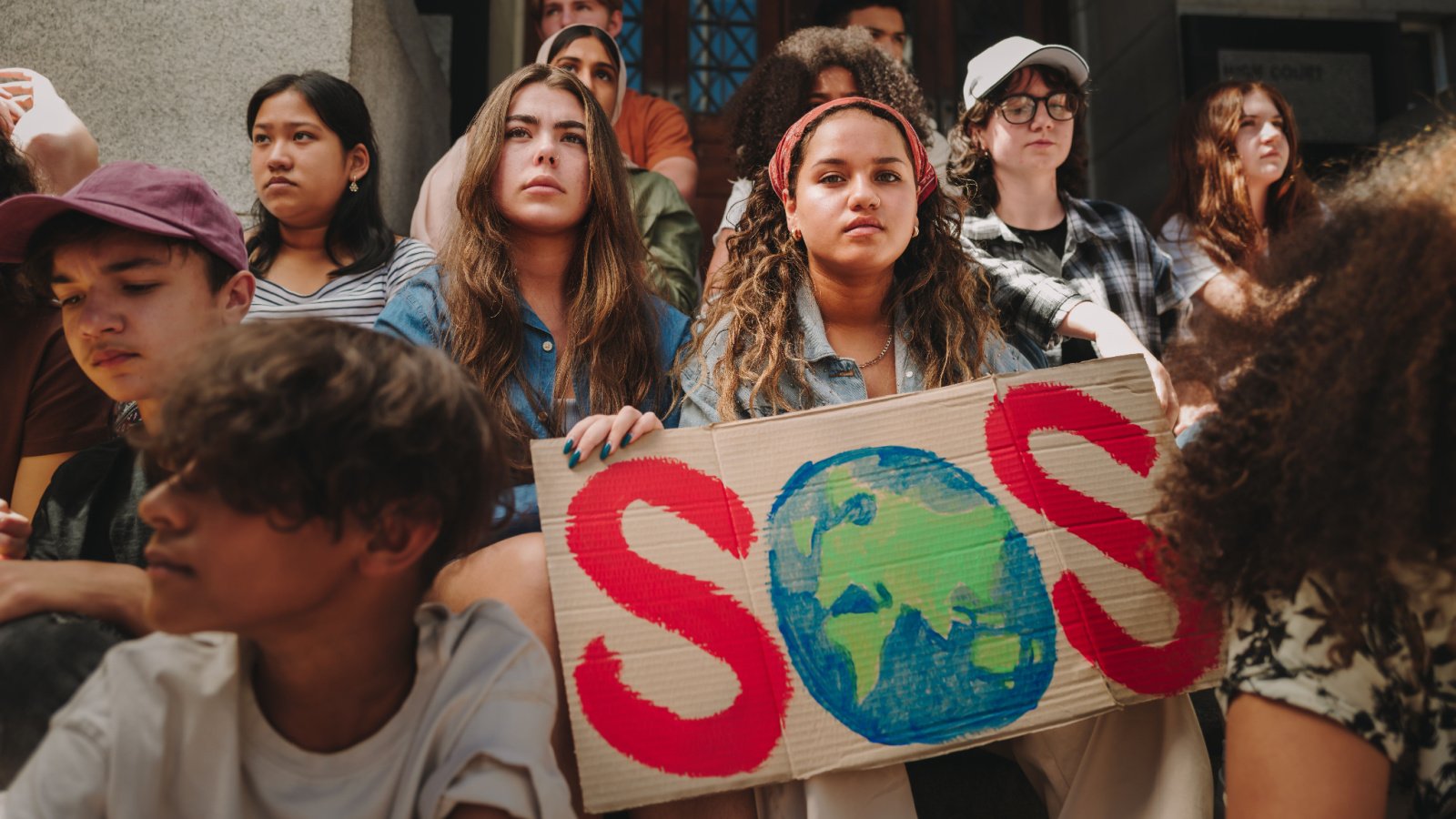Many baby boomers struggle to adapt to the fast pace of modern life, from communication styles to work-life balance. Let’s explore the cultural shifts that are frustrating the older generation, who are still yearning for the good ol’ days.
Digital Dominance

Traditional face-to-face interactions have been replaced by texts, emails, and social media updates. This rapid technological evolution can be isolating for those who value personal connection and direct communication.
Changing Family Dynamics

The increasing delay of marriage and childbirth among younger generations often perplexes baby boomers who grew up in an era where early marriage and starting a family young were the norms. This cultural shift prioritizes career and personal growth over traditional family life.
Casual Work Environments

The move away from formal business attire and structured office environments can be jarring for many baby boomers. Casual dress codes and flexible work schedules were not the norm during their career peak. These relaxed standards sometimes translate to a lack of professionalism in their eyes.
Decreased Religious Affiliation

The decline in religious participation and the growing acceptance of atheism and agnosticism can be concerning for those who view religious practices as foundational to societal values. This fundamental change challenges their understanding of moral and social structures.
Shifts in Political Landscape

The political climate has shifted dramatically, with polarizing views becoming more prevalent. Baby boomers, who witnessed more moderate political discourse and bipartisanship during their formative years, are frustrated with the current environment of extreme polarization.
Environmental Focus

The rapid push towards green energy and sustainability can be overwhelming for some baby boomers, who may find the speed of these changes demanding, especially when it comes to new regulations impacting their lifestyles or financial expenditures.
Changing Gender Norms

The evolving conversation around gender identity and roles can be confusing for baby boomers who grew up with more traditional gender expectations. This includes the increasing visibility and rights of transgender and non-binary individuals.
The Decline of Print Media

Print newspapers and magazines were once daily staples for baby boomers. The move to online news is often less satisfying for those who appreciate the tangibility and ritual of reading a physical paper. This change marks the loss of a cherished habit and a key information source.
Educational Shifts

The new emphasis on digital literacy and collaborative skills doesn’t always align with boomers’ views on effective education. These changes can undermine their confidence in the current education system’s ability to prepare young people.
Health and Wellness Trends

Boomers were accustomed to more conventional medical treatments and may view modern trends like yoga, meditation, and organic diets as fads rather than legitimate health practices.
Casual Communication Styles

Communicating with memes and emojis often clashes with the more formal communication style many boomers prefer. This casual approach to professional and personal exchanges can be particularly irksome.
Urbanization and Its Discontents

The decline of rural communities can be distressing to baby boomers who cherish traditional small-town values. Urbanization is often associated with increased crime, pollution, and a fast-paced lifestyle, which contrasts sharply with their ideal living conditions.
Rise of Consumer Technology

The rapid advancement of consumer technology can be overwhelming for baby boomers, who may struggle to keep up with the latest gadgets and platforms. This constant need to adapt can be frustrating and alienating, especially as new technologies become essential for everyday tasks.
Social Media Influencers

The concept of social media influencers as credible sources of information or as career aspirations is a perplexing shift. Baby boomers often value traditional career paths and expertise gained through prolonged education and experience.
Emphasis on Multiculturalism

While diversity and inclusion are positive, the intense focus on multiculturalism and identity politics can sometimes seem divisive to baby boomers. They may feel that it emphasizes differences rather than commonalities, contrasting with the “melting pot” ideal they grew up with.
The Gig Economy

Baby boomers value stable, long-term employment and are frustrated by the rise of freelance jobs and short-term contracts. This shift challenges the boomers’ understanding of work stability and career progression.
Preference for Eating Out

The shift away from home-cooked meals to dining out or ordering in as regular practices might unsettle baby boomers who value family meals at home. They often view cooking at home as not only a way to save money but also as an important family bonding activity.
Decline of Manual Transmission

The disappearance of manual transmission cars in favor of automatics symbolizes a loss of a skill once prized by many baby boomers. This change is symbolic of a broader move towards convenience and technology, which might not always be welcome.
Growing Dependency on GPS

The reliance on GPS for navigation frustrates many baby boomers who pride themselves on map-reading skills and innate direction sense. This technology, while helpful, can seem like an unnecessary crutch, reducing spatial awareness and the joy of navigation.
Fast Fashion

The fast fashion industry, with its quick production cycles and trend-driven output, clashes with the baby boomer’s preference for quality and durability. They remember a time when clothes were investments, meant to last years, not seasons.
The Casual Dating Culture

The modern landscape of casual dating, facilitated by dating apps, contrasts sharply with the more formal courtship practices of the baby boomer era. This new norm, which often emphasizes convenience and immediacy over deeper connections, can be unsettling.
Shifts in Music Consumption

The move from physical albums to streaming services has transformed how music is consumed, appreciated, and valued. For many baby boomers, this shift has diluted the tangible connection to music—collecting records, reading album covers, attending physical stores—that was once a cherished part of the music experience.
The Decline of Community Participation

Younger generations often prefer online interactions to physical community meetings. For baby boomers who value civic duty and community involvement, this can be disheartening. This trend towards digital rather than physical spaces can feel like a loss of community spirit.
Changing Attitudes Toward Smoking

Many public spaces, restaurants, and workplaces have become smoke-free, impacting social habits. While beneficial for public health, this shift has marginalized smokers, altering social dynamics and personal habits deeply ingrained in some baby boomers.
Increase in Plant-Based Diets

The rise of vegetarianism and veganism as mainstream lifestyle choices challenges the meat-centric meals many baby boomers grew up with. The cultural shift towards plant-based diets can sometimes be seen as an indictment of traditional food choices, leading to defensive reactions.








